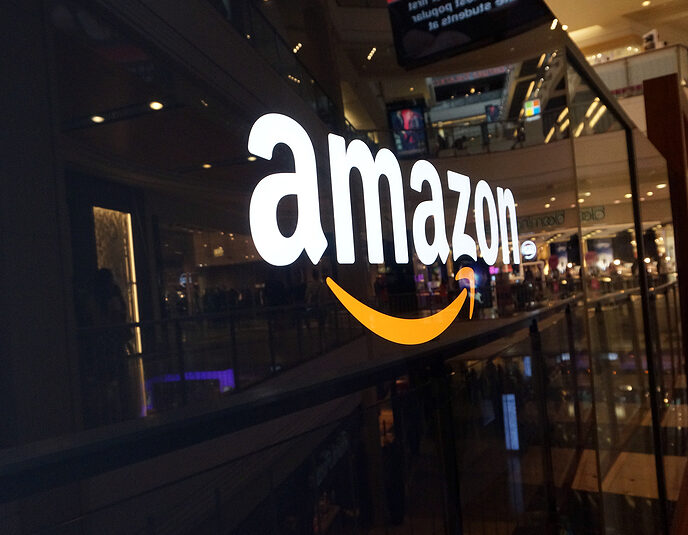Keystone State voters are warming to Democratic presidential nominee Vice President Kamala Harris, but giving the cold shoulder to government attacks on Amazon and Apple. That’s the finding of a survey of 400 likely Pennsylvania voters by the Competitiveness Coalition.
The online poll, conducted last week, found 48 percent support Harris while 45 percent back Republican Donald Trump. Four percent are undecided, and three percent plan to vote for a third-party candidate.
Trump has a 1.8 percent lead in Pennsylvania, according to the RealClearPolitics poll average, down from the 4.5 percent margin he enjoyed when President Joe Biden was still the Democrats’ presumptive nominee. Biden dropped out under pressure from his party after a disastrous debate performance on June 27.
Harris is expected to announce her running mate on Tuesday.
One issue that may work in Trump’s favor is Pennsylvanians’ worries about rising prices. The survey found 25 percent of voters see inflation’s role in the cost of living increase as the most important issue of 2024.
The federal Bureau of Labor Statistics (BLS) said the 12-month Consumer Price Index (CPI) average was 3 percent. Those price increases were felt more in Pennsylvania and the Northeast which saw a 4.3 percent price hike for everything but food and energy. Food prices were up 2.2 percent and energy prices increased 2 percent.
In a period of high prices, tech products like Amazon and Google can help shoppers find deals and save money. Indeed, polls show most Americans have a favorable view of Amazon and enjoy shopping on the website. And yet the Federal Trade Commission is targeting large tech companies like Amazon, Apple, and Google.
More than 70 percent of voters in the Competitive Coalition poll said the Federal Trade Commission’s actions against companies like those would either have a negative impact or not change the economy at all. That included 40 percent of independents.
Only 25 percent believe going after tech companies would benefit Americans.
“Pennsylvanians, already worried about inflation and the cost of living, are keenly aware that the Biden-Harris war on tech will lead to higher prices,” said Scott Brown, former U.S. senator, ambassador, and chair of the Competitiveness Coalition.
And while a federal judge ruled Monday that Google is a monopoly, 56 percent of Pennsylvania voters oppose the lawsuits.
The traditional antitrust case was based on the “consumer welfare standard,” the premise that large businesses are using their size to drive up profits and increase prices on customers. That clearly doesn’t apply to Google –it’s product is free — and the overwhelming data show Amazon drives prices down, not up.
Therefore, FTC Chair Lina Khan is arguing that the companies are hurting competitors, even if customers are getting a net benefit.
So far, customers appear to be on the side of Amazon and Google. As of the first quarter of 2024, there were 180 million Amazon Prime customers in the U.S., a nation of about 330 million people.
More than a quarter of poll respondents feared Amazon would increase prices and end free two-day shipping if a federal judge ordered the company to break up. Twenty percent expressed concern that Google would remove access to the popular Google Maps service.
The potential for price hikes made Pennsylvania voters from across the political spectrum nervous. The poll found 69 percent agreed Big Tech would raise prices if the companies were broken up. That included 72 percent of suburban voters, 71 percent of seniors, and 67 percent of independents.

